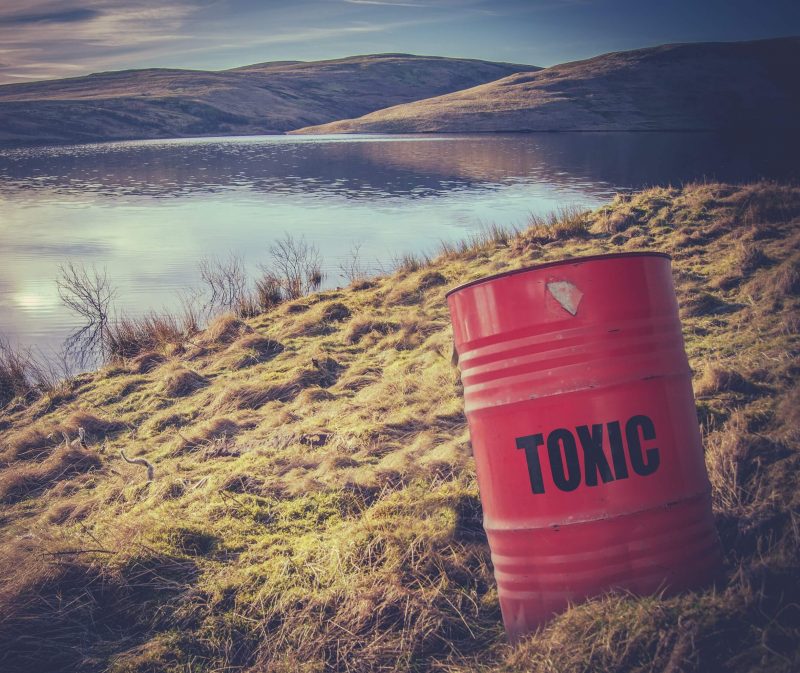
Environmental Due Diligence
Do you need help with Environmental Due Diligence before you make a purchase or sell your land? Buying or selling property for commercial use is complicated. For example, there may be hidden environmental liabilities. That’s why you should not avoid due diligence before you purchase the property or sell a property. Of course, “What I don’t know won’t hurt me” is one approach. However, no financial or environmental professional would recommend buying land using that approach.
Many buyers ignored performing due diligence and got saddled with half-million-dollar cleanups, or worse. That’s why information revealed on a due diligence study can help you manage your risk and avoid financially devastating consequences.
3 Ways Due Diligence Could Benefit You
A comprehensive environmental assessment ensures you have all the information necessary to have confidence that your property is clean. Alternatively, an assessment will also reveal if you have contaminated property. The following options are available if you have contaminated property:
- Provide facts to negotiate a reduced purchase price
- Negotiate for the seller to remediate contaminated substances
- Back out of the purchase altogether
RINDT delivers high-quality Due Diligence services. In contrast, pitfalls from a shoddy investigation can include everything from hidden dumped materials to septic tank disposal of hazardous materials. In addition, decades-old leakage of hazardous materials on the property may go undiscovered. As one example, an inadequate, flawed investigation can result in hazardous substance leaks through a building floor being missed. Toxic underground chemicals are common among certain types of land. Examples include old leather-treating operations, dry cleaners, or 70-year-old gasoline stations.
Purchasers can be held liable for clean-up, even though they did not cause the pollution. You can avoid this with RINDTs proper Due Diligence study before the purchase of the property. There is no question a due diligence report, also known as Phase I Environmental Site Assessment (ESA), can save you a lot of money and prevent headaches in the future.
RINDT Follows the Comprehensive Environmental Response, Compensation & Liability Act (CERCLA) Rules
RINDT Phase 1 ESAs follow the Environmental Protection Agency (EPA) and the Comprehensive Environmental Response, Compensation, and Liability Act (CERCLA) rules. In addition, a Phase I ESA helps determine the potential risk of environmental contamination. In addition, properly completed Phase I ESA also provides the Innocent Landowner Defense, should it ever be needed.
A Phase 1 ESA protects against CERCLA liability. You will need this protection if your property is deemed contaminated by a third party. That’s why it is essential to follow reasonable environmental due diligence steps so that you cannot be held liable for extraordinary occurrences.
RINDT EHS Due Diligence Services
RINDTs Due Diligence process for Phase I ESAs covers everything you need for the Innocent Landowner Defense (ILD). The conditions of the ILD are prescribed in 40 CFR Part 312 and ASTM E 1527-13 (and later versions.) As part of our Due Diligence process, we investigate the current and historical use of the property. Additionally, we also investigate nearby properties, current, and historical use.
RINDT reviews the environmental databases, historical aerial photographs, topography maps, and environmental lien searches. We can also add other issues to the scope of the Phase I ESA as part of the due diligence project. Examples include:
- Geotechnical and Soils Investigation
- Property Condition Assessment
- Asbestos Assessment
- Lead-based Paint Inspection
- Mold Assessment
- Vapor Encroachment Screening
- Hazardous Materials Survey
- Endangered Species Study
- Wetland Delineation
- Flood Plain Study
- HUD Noise Study
- Environmental Compliance Audit

What’s Next?
If you would like a quote on Phase I ESA or an expanded Environmental Due Diligence project, click below to be connected with one of our environmental specialists.
